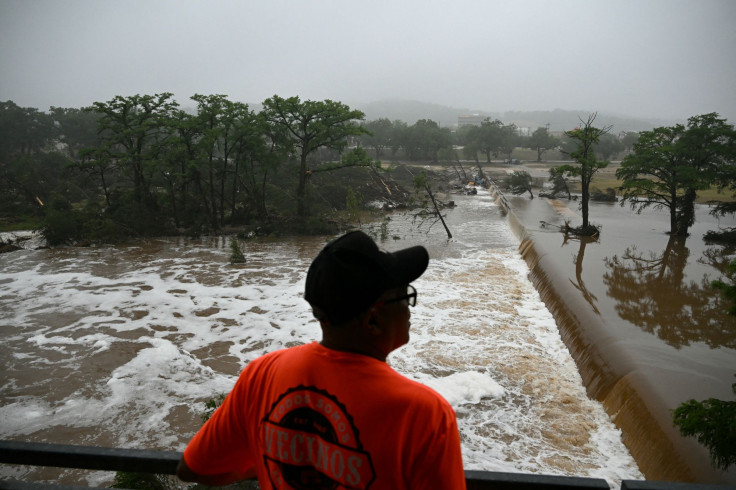Texas Official Shot Down Siren Flood Alert, Complaining That It Might Go Off 'In the Middle of the Night': Report

As historic flash floods swept through Kerr County over July 4 weekend, killing more than 100 people and leaving families scrambling to escape in the dark, a years-old decision by county officials to block a proposed siren alert system has come under renewed scrutiny.
In 2016, local leaders debated a flood warning system designed to alert residents and out-of-town visitors to rising water, according to the Houston Chronicle.
Despite an engineering study recommending nearly $1 million in upgrades, including public sirens, the project was never funded, partly due to concerns that sirens might disturb residents while they slept. Then-commissioner H.A. "Buster" Baldwin, who died in 2022, dismissed the plan as excessive and joked that midnight sirens would drive him to drink.
"The thought of our beautiful Kerr County having these damn sirens going off in the middle of night, I'm going to have to start drinking again to put up with y'all," Baldwin reportedly said in 2016.
At the time, he questioned whether the alerts would only benefit "crazy people from Houston" who built too close to the water.
That decision loomed large this month as flooding along the Guadalupe River destroyed vacation homes, displaced hundreds, and led to harrowing escapes. Survivors say they received no siren warning, and many had no idea they were even in danger.
"We rely on our government to protect us," said Julie Thomas, who fled the July 4 flood. "There were no sirens. You're in the middle of nowhere. People are saying there were texts or alerts that went out at 1 a.m., but I didn't get them."
The Kerr County area, home to popular Hill Country retreats and camps, sees its population double during summer months. Yet many visitors don't receive local alerts and cell service is often spotty.
The county still relies on an opt-in emergency text system, which some victims said failed to notify them in time. Officials have long acknowledged this communication gap, but concerns over costs and false alarms stalled any upgrades.
Originally published on Latin Times
© Latin Times. All rights reserved. Do not reproduce without permission.




















